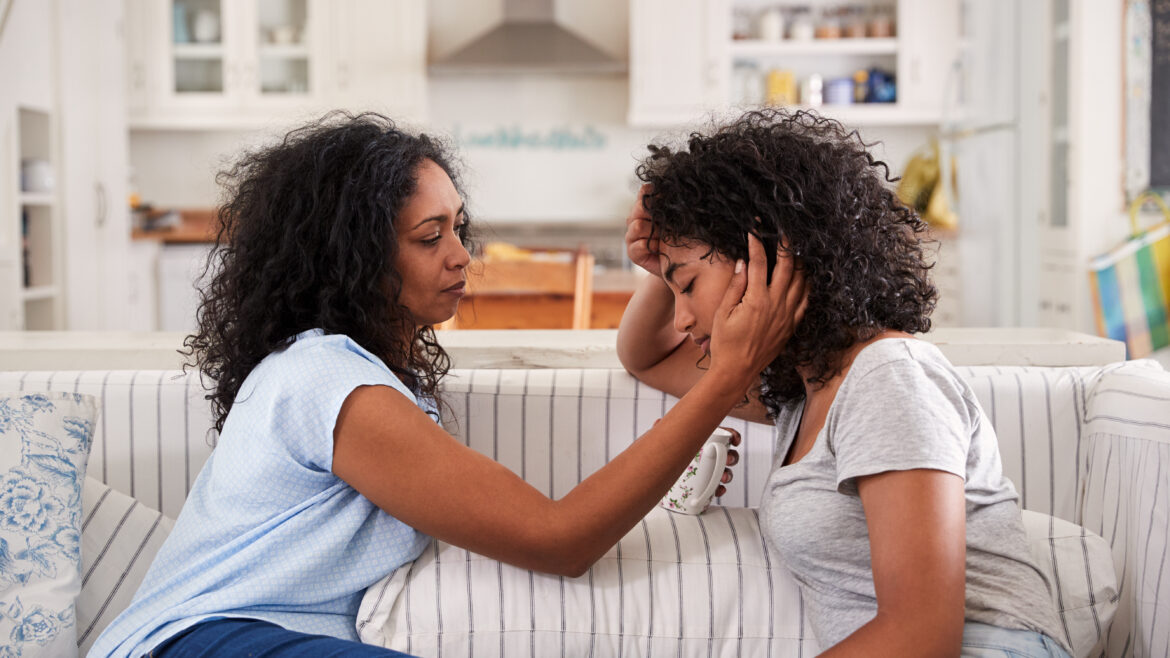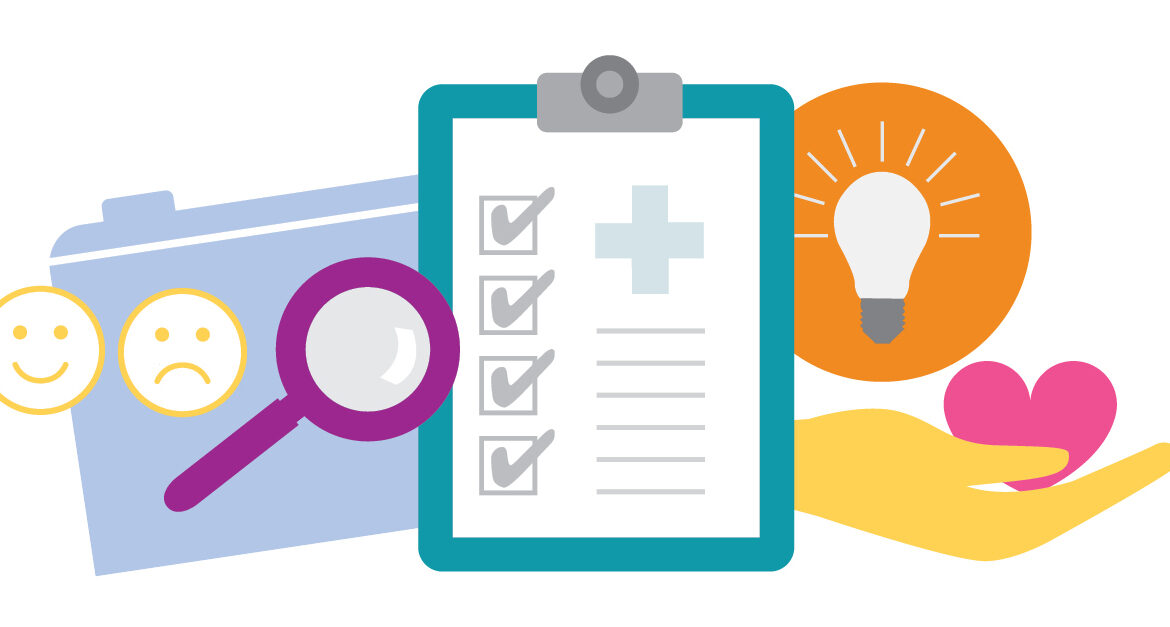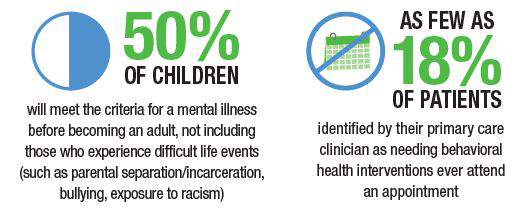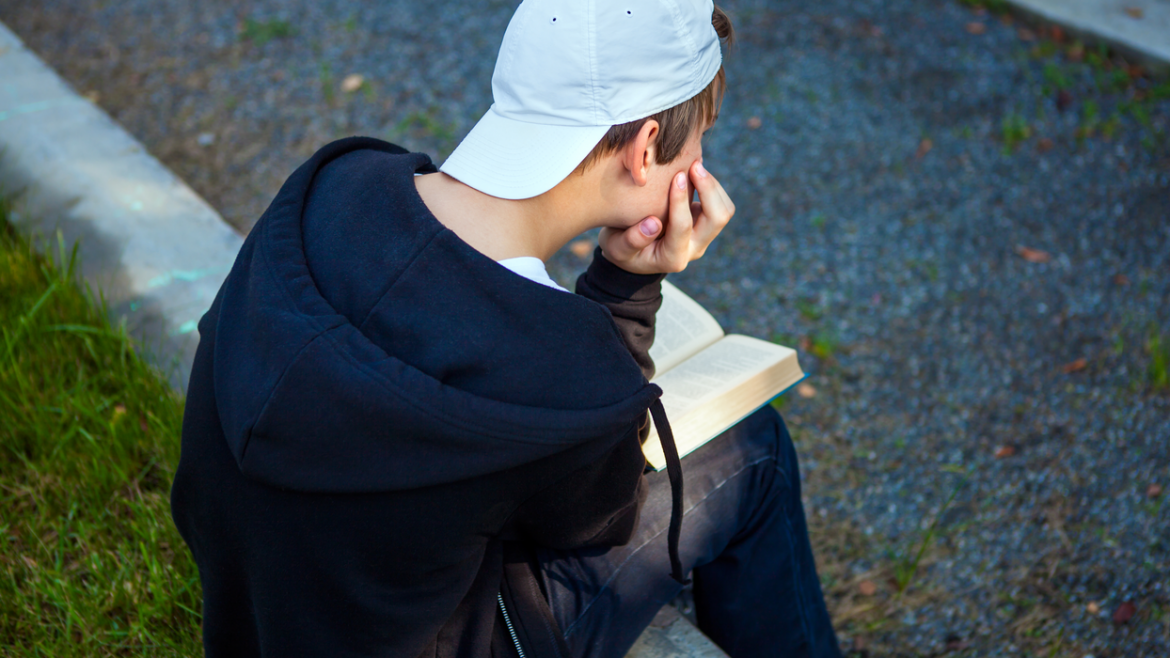Black Youth Experience Disparities in Care for First-Episode Psychosis in Ohio
Black Youth Experience Disparities in Care for First-Episode Psychosis in Ohio https://pediatricsnationwide.org/wp-content/uploads/2024/09/Helping-Your-Teen-Help-a-Friend-with-Suicidal-Thoughts-1024x683.jpeg 1024 683 Jessica Nye, PhD https://pediatricsnationwide.org/wp-content/uploads/2021/09/JNye_glasses.pngBlack youth enrolled in Medicaid were more likely to experience a first-episode psychosis (FEP) event and be diagnosed with schizophrenia spectrum disorder but less likely to receive key early intervention services than White youth. “It’s been known for a long time, especially in the United States, that Black individuals specifically face racial disparities when…









